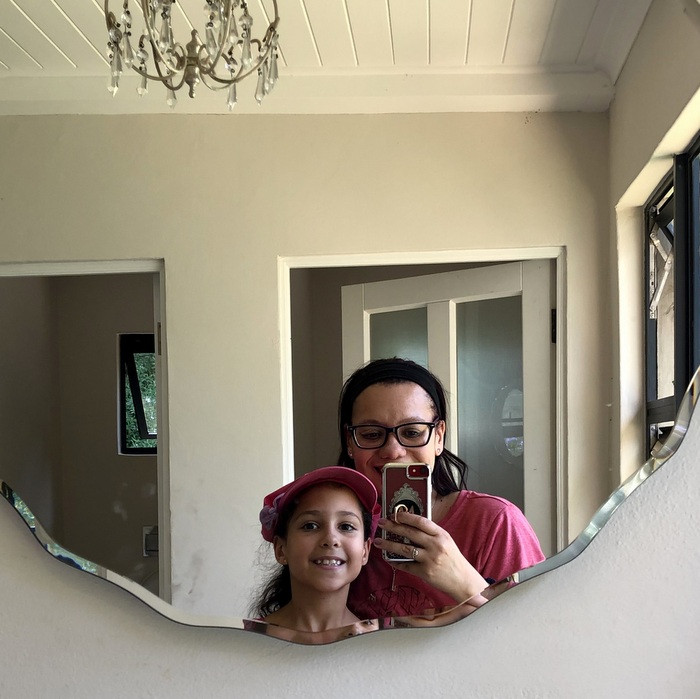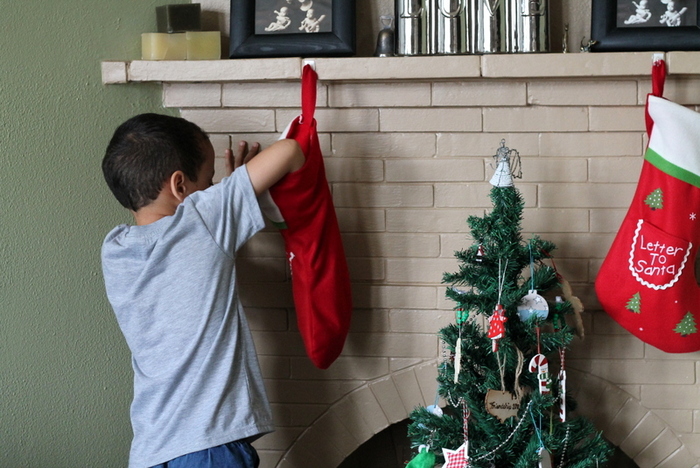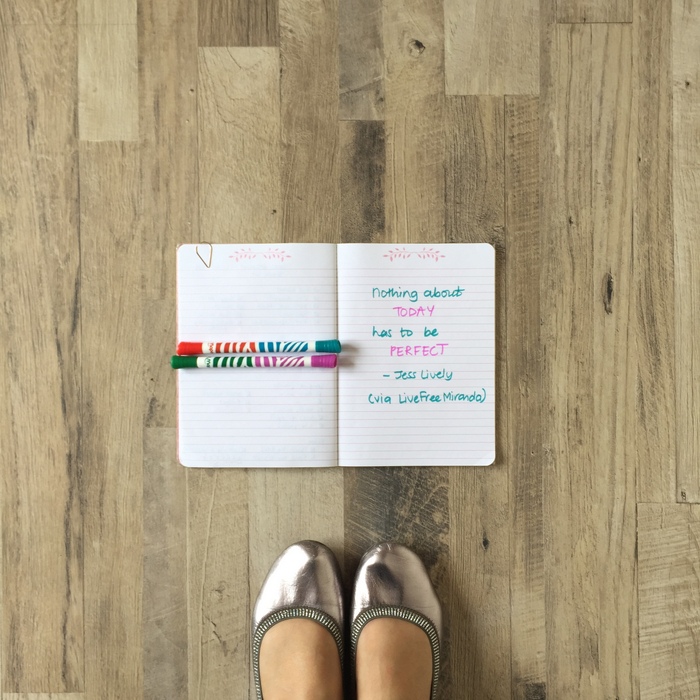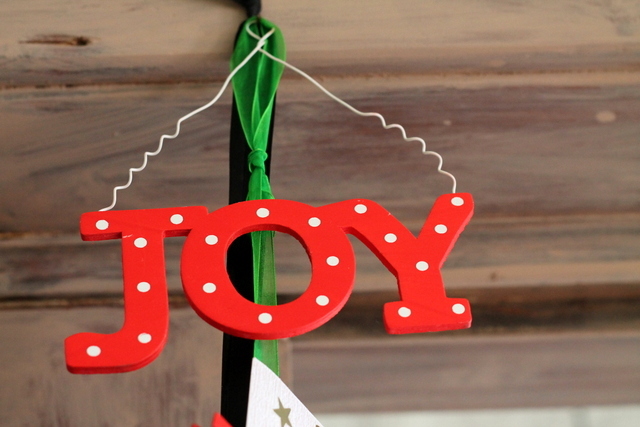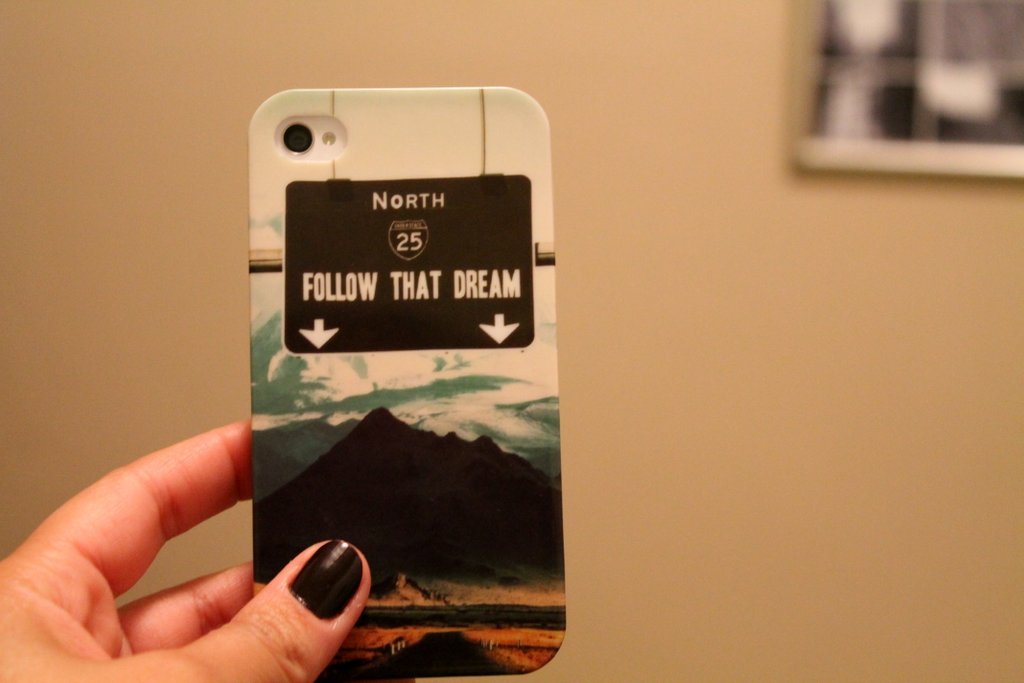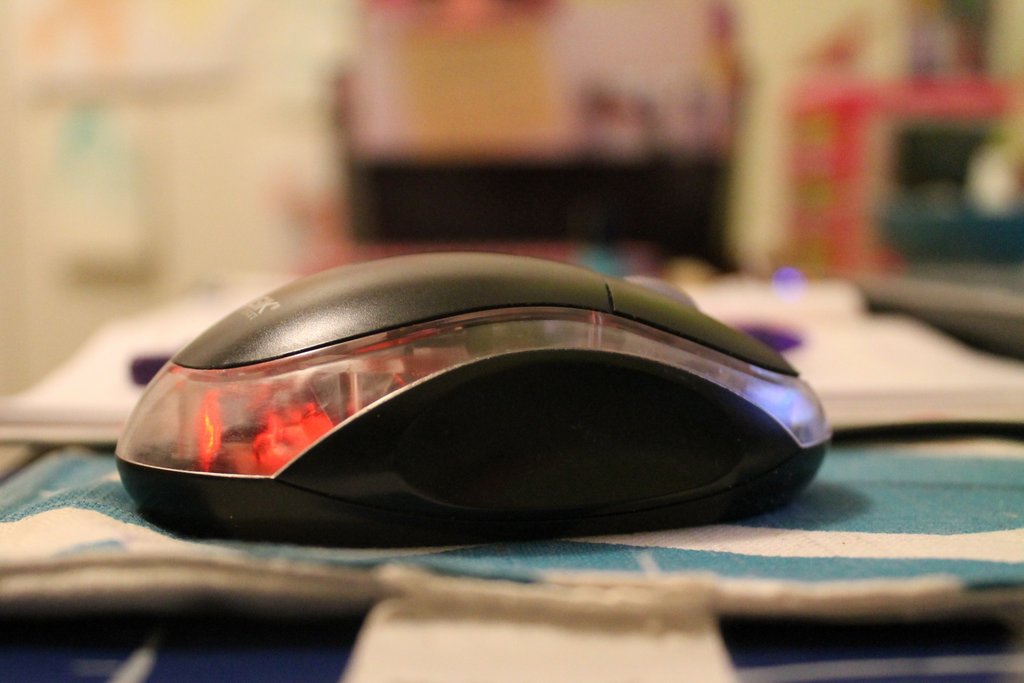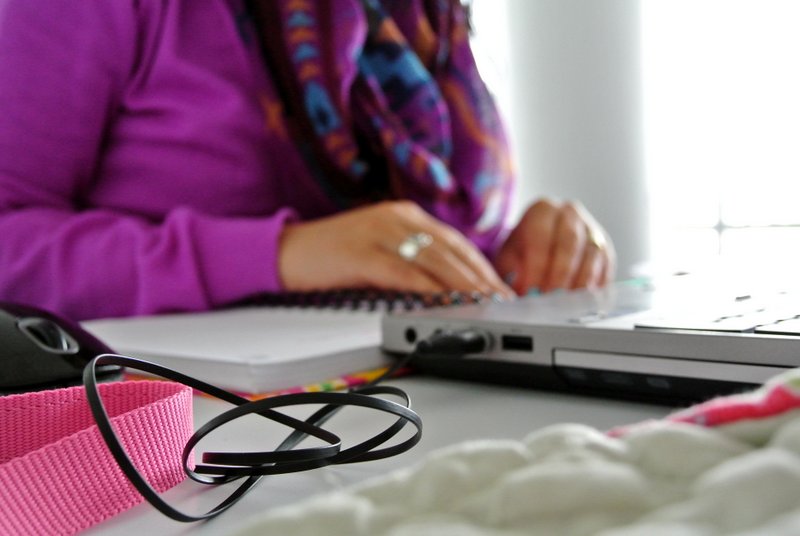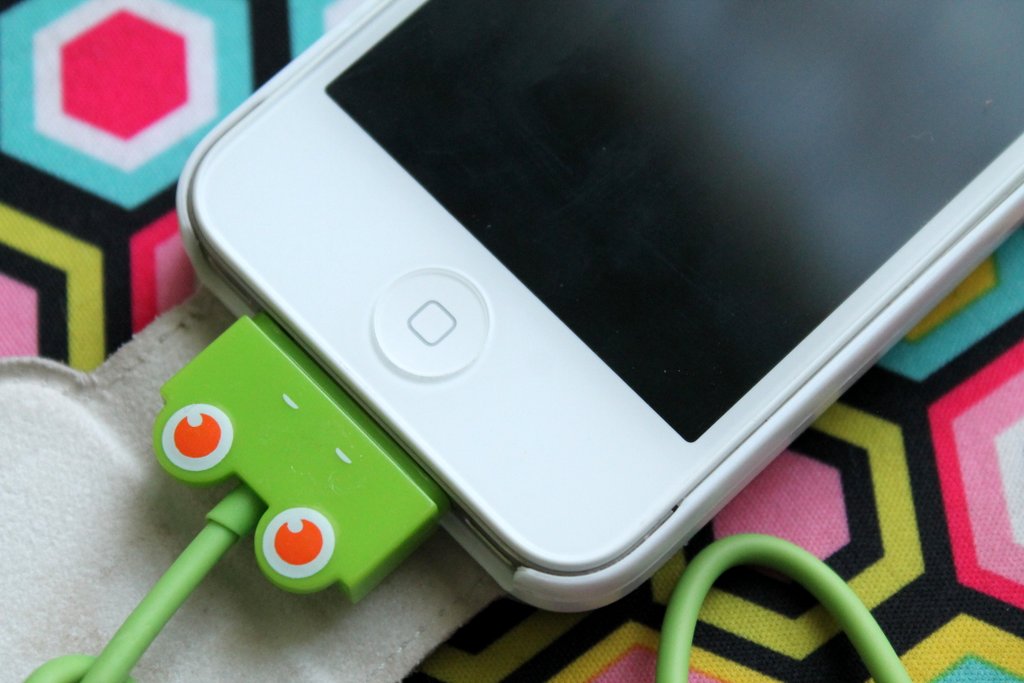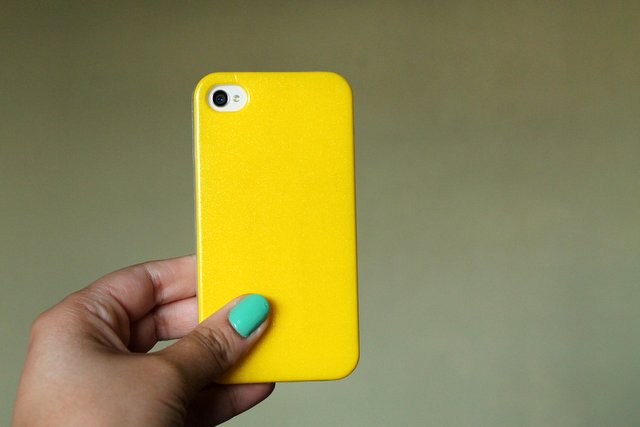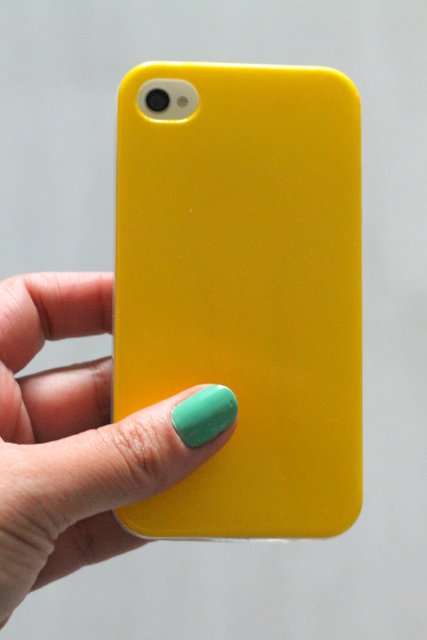I read this book during lockdown in 2021 and at the time, I rated it 4.5*. Based on how much the concepts stayed with me and how much I still recommend this book, I have now moved it to a full 5* rating.
I think most people lie to themselves about their phone usage. I used to do the same until I used the Moments app and these days iPhone helpfully sends me the screen stats to shock me every Sunday morning.
Why did I want to read this book?
My phone usage at the time was abysmal. And, as I’ve said before, we could all literally finish a book every four and a half hours if our phone usage was reasonable.
About the book
The book is divided into part 1 – the research, which is very interesting and easy to read – and part 2 – the how to, practical part.
I don’t care too much about the numbers these days because I now recognise after reading this book that most of what I use my phone for are tools like Goodreads, Mail, Camera, etc., but I’d be fooling myself if I didn’t admit that the Instagram dopamine hit is strong.
Did you know that they purposefully update likes and notifications erratically to keep us swiping and checking? Of course, once I found that out, I channelled my inner rebel and consciously don’t do it.
That’s just one of the things she talks about in the book.
If you watched the Social Dilemma on netflix a few years ago, you will recognise a lot of what is said here, but the book is still a solid, 5🌟 read.
Now for the fun!
Three things that really, really help me:
- I can’t help thinking that I would rather have read a book than scroll some random person’s Instagram feed – that definitely helps me to stop the mindless scroll.
- Put your screentime widget on your front screen of your phone (see top left of screen above). Every time you pick up your phone and are confronted with your daily usage, you might reconsider what you intended to do. I added this widget in the second week of January this year and my screentime has gone down from 7 hours 11 to somewhere between 3 and 4 hours on average. More importantly, my Instagram usage has radically decreased. Here’s how to do it for Android phones.
- Put all your social media apps on page 2 of your phone. If you keep your tools on page 1 of your phone, you’re less likely to go straight to Instagram, Facebook, etc. Facebook is not on my phone and I maybe spend 10 minutes a month there via the web, and it’s all birthday check-ins.


